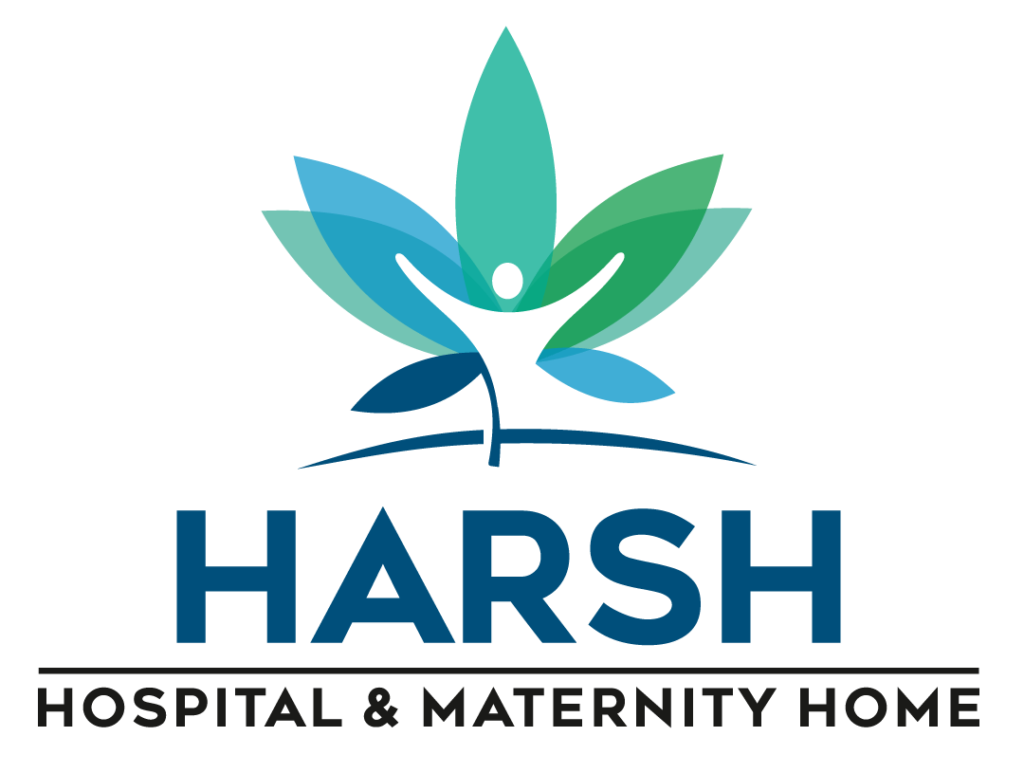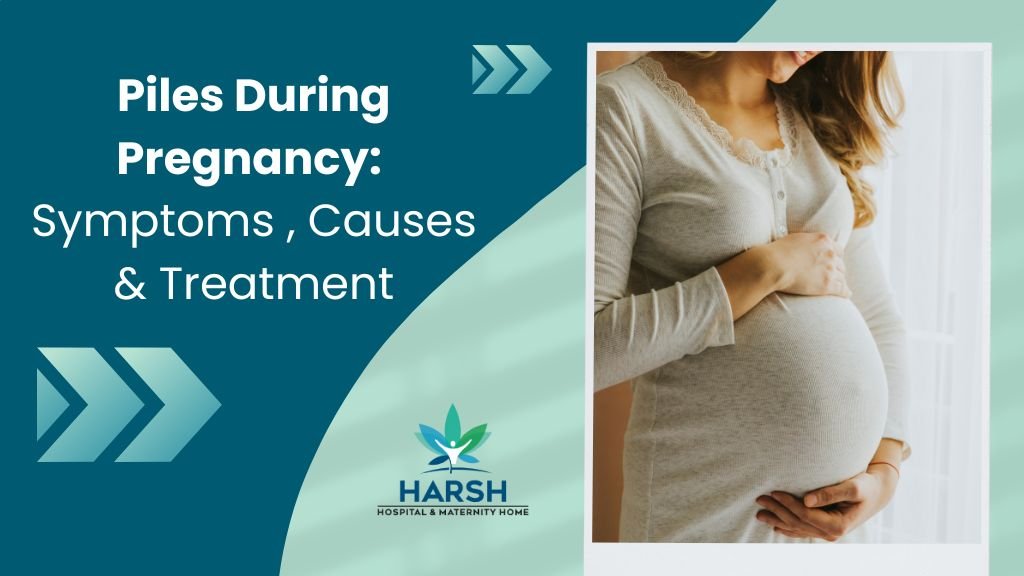Pregnancy is a precious and changing moment in a woman’s life. However, it can also bring about certain challenges, including the development of hemorrhoids. Hemorrhoids, also known as piles. In this blog post, we will explore what hemorrhoids are, who is more prone to developing them during pregnancy, their symptoms, causes, treatment options, and how to prevent them. Let’s dive in!
What are Hemorrhoids?
Hemorrhoids/Piles/Bawasir are swollen blood vessels that develop in the rectal area. They can be internal, occurring inside the rectum, or external, forming around the anus. These swollen veins can cause itching, pain, and discomfort, especially during bowel movements.
Who Gets Hemorrhoids?
Hemorrhoids are very common in both men and women, but your chances of getting them increase when you’re pregnant. Piles are common during pregnancy, and up to 50% of pregnant women may experience them. The increased pressure on the veins in the pelvic area due to the growing uterus and hormonal changes are contributing factors.
Is it Normal to Have Piles During Pregnancy?
Yes. Piles are common among pregnant women. You are not alone. They occur often during pregnancy, especially in the third trimester and for up to one month following delivery. Hemorrhoids affect 30% to 40% of pregnant women.
What are the Symptoms of Piles in Pregnancy?
The symptoms of piles in females during and after pregnancy can vary from mild to severe and may include:
- Itching or irritation in the anal area.
- Swelling or lumps around the anus.
- Pain or discomfort, especially during bowel movements.
- Bleeding during bowel movements.
- Leakage of feces.
It can be scary to see blood in your stool, but rectal bleeding from an internal hemorrhoid is usually harmless. Still, see your Gynecologist about any bleeding you notice if you’re pregnant.
Dr.Purva Patel, Obstetrician & Gynecologist at Harsh Hospital & Maternity Home will provide the appropriate treatment considering the symptoms.
What Causes Piles When Pregnant?
The main causes of hemorrhoids during pregnancy include:
- Due to the expanding uterus, there is more strain on the veins in the pelvic area.
- Hormonal changes that affect the blood vessels, making them more susceptible to swelling.
- Constipation, which is common during pregnancy and can lead to straining during bowel movements.
Treatment of Hemorrhoids During Pregnancy
While hemorrhoids can be uncomfortable, there are several treatment options available to provide relief and usually, they go away after delivery. It is important to consult a doctor specialized in treating piles during pregnancy before trying any treatments. Here are some options:
Home Remedies
- Soaking in warm water baths (sitz baths) to reduce inflammation and pain.
- Applying cold packs or ice packs to the affected area to alleviate the swelling.
- Using over-the-counter hemorrhoid creams or ointments to soothe symptoms.
- Maintaining good hygiene by keeping the anal area clean and dry.
In addition to home remedies for treating piles, our Piles Specialists may recommend the following:
- Dietary changes include high-fiber foods and plenty of fluids to prevent constipation.
- Stool softeners or laxatives to ease bowel movements.
- Topical numbing Hemorrhoids creams or suppositories to relieve pain and itching.
How Can I Avoid Getting Hemorrhoids When I’m Pregnant?
While Piles may be common during pregnancy, there are steps you can take to reduce the risk of developing them:
- Maintain a high-fiber diet: Include fruits, vegetables, whole grains, and legumes to promote regular bowel movements and prevent constipation.
- Stay hydrated: Drink an adequate amount of water throughout the day to soften stools.
- Exercise regularly: Engage in moderate physical activity to improve blood circulation and prevent constipation.
- Avoid straining during bowel movements: Take your time on the toilet and avoid pushing excessively.
- Practice good hygiene: Clean the anal area gently with mild soap and water after bowel movements.
When Should I See Doctor For Piles Treatment?
If you experience persistent or severe symptoms of hemorrhoids during pregnancy, it is important to consult a Piles Doctor. And if the symptoms are manageable they will prescribe medication or else they will refer you to piles specialists who can recommend appropriate treatment options to alleviate your discomfort.
Hemorrhoids during pregnancy can be an uncomfortable experience, but with proper care and treatment, they can be managed effectively. It is always advisable to consult proctologists once you observe any of the symptoms.
Harsh Hospital & Maternity Home has the best doctor for Piles treatment in Surat. Dr. S.N.Baser is a well-qualified piles doctor with 20+ years of experience in treating various conditions of Piles.
It is tough to suffer with piles, particularly during pregnancy so book an appointment and reach out to our Hemorrhoids specialist and put an end to your painful journey. Stay healthy and enjoy this transformative time in your life!




